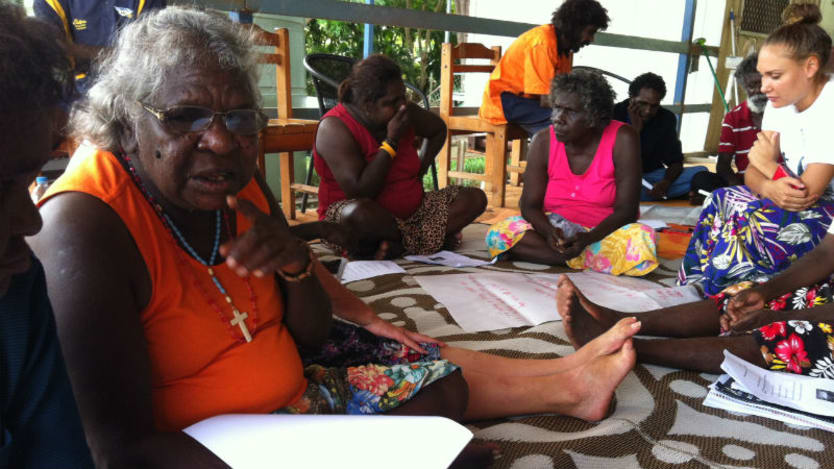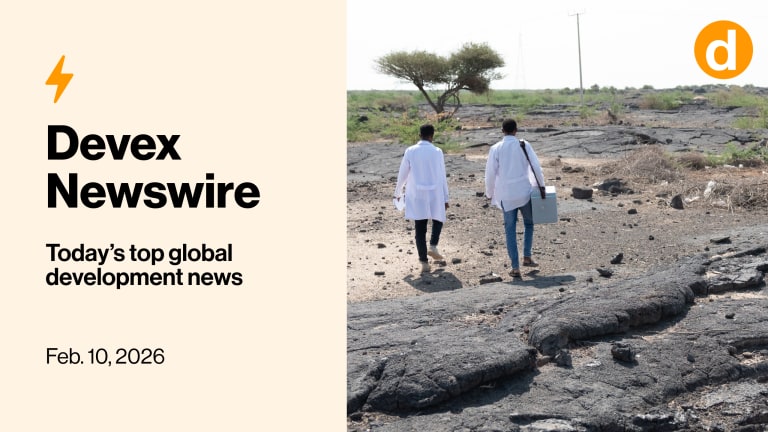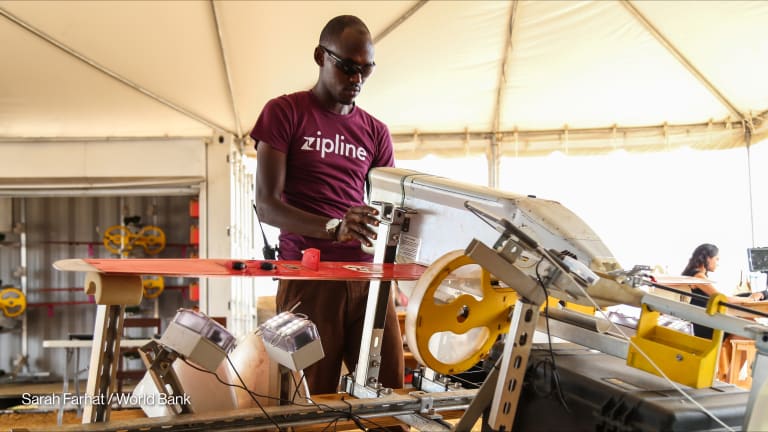
CANBERRA — Ninti One has become the first Indigenous-owned and operated supplier to be a lead contractor supporting the Department of Foreign Affairs and Trade on an aid project based outside of Australia.
Following a competitive tender process, Ninti will be conducting a mid-term review of Australia Assists, an Australian aid program that deploys specialists to work with governments, multilateral agencies, and communities for emergency preparedness and response. Fieldwork in Vanuatu, Fiji, and at the Rohingya refugee camps in Bangladesh will take place as part of the contracted work.
“It’s a step up for us, there is no question … Aboriginal people are a proud part of the aid program — it gives them a feeling of pride that they are part of what is seen as prestigious work.”
— Rod Reeve, managing director, Ninti OneThis new engagement in the aid program will see Ninti take an important step into the supply side of aid with previous contracts awarded focused on the corporate side of aid — including data management and procurement support.
While the contract is small in aid terms, worth an estimated $145,000 Australian dollars ($98,000) and a deadline to complete the review by October, Ninti Chair Professor Tom Calma called it a “breakthrough” for Indigenous business to showcase the value it can add to the aid program by leading the delivery of services in complex overseas contexts.
Building opportunities for Indigenous expertise
Ninti One has a turnover of around AU$10 million a year, nearly all from non-DFAT projects. Domestic projects supporting the development of Australian Indigenous communities are the focus, including health-based initiatives. DFAT is not currently a big part of its business — but with the DFAT brand comes expanded opportunities for Indigenous professionals and the ability to build the next generation of development professionals who bring a cultural approach to their work.
For Pro subscribers: DFAT's Indigenous procurement strategy hopes to go global
The Indigenous procurement strategy for the Australian aid program is receiving awards and international recognition — with IDB, USAID, and World Bank among the organizations expressing interest in learning about the approach.
“It’s a step up for us, there is no question,” Rod Reeve, managing director of Ninti One, told Devex. “Aboriginal people are a proud part of the aid program — it gives them a feeling of pride that they are part of what is seen as prestigious work. That is important for all Aboriginal people. Here at Ninti we are excited that we are doing a lot of domestic work, but now we can also say we are international.”
With new international work come challenges — including organizing security that is easier for larger companies, but also in ensuring the right people are delivering the contracted services.
Hopefully, future work will see Indigenous staff join the field, to be mentored by development experts to build capacity for Indigenous and support programs with a cultural element.
“Supporting this contract hasn’t been seamless, but it has put us in a good position for the next time,” Reeve said. “We’re really thinking about where we go from here and what we do. We’re learning and it’s important to build capacity and mentor people.”
Opportunities to advance Indigenous approaches to aid
DFAT’s Indigenous procurement policy is encouraging greater engagement between larger development contractors and Indigenous businesses.
“Just about every big tender that comes out there will be a conversation between us and one of the big contractors,” Reeve explained. “They know now there is an incentive for them to have diversity and inclusion in their offerings and delivery, and we are an option for them.”
This engagement has seen Ninti shift the idea of the role it can play in shaping the delivery of aid.
“A year ago I would have said that the best outcome is for us to be the lead on a really big job,” Reeve said. “But now we are understanding there is a role for us in any of the sort of structure whether we are head or subcontractor, and there are benefits in both to us. But we are a bit choosy because we have a big domestic market and want to have a big impact when we are supporting the Australian aid program.”
For Ninti there is the advantage that there is a lot of interest coming back the other way, with international development contractors looking at opportunities through programs supporting advancements of Indigenous Australians — a “quid pro quo” Reeve said with more opportunities to employ and develop Indigenous professionals.








